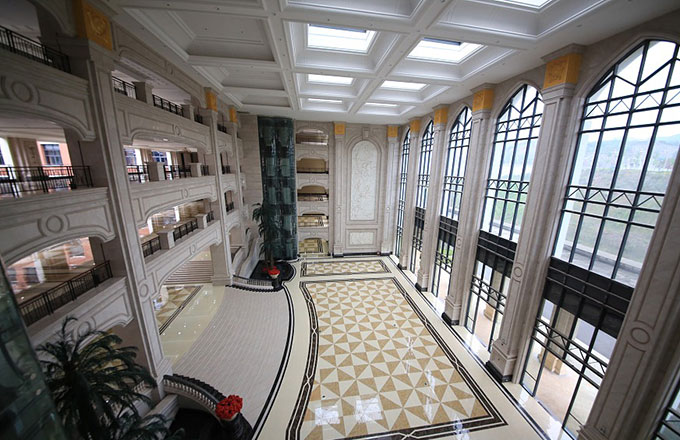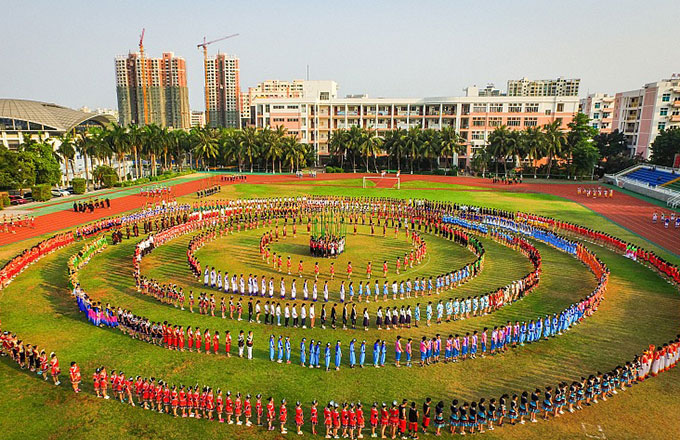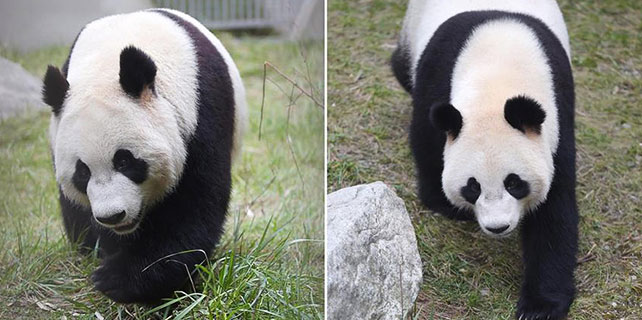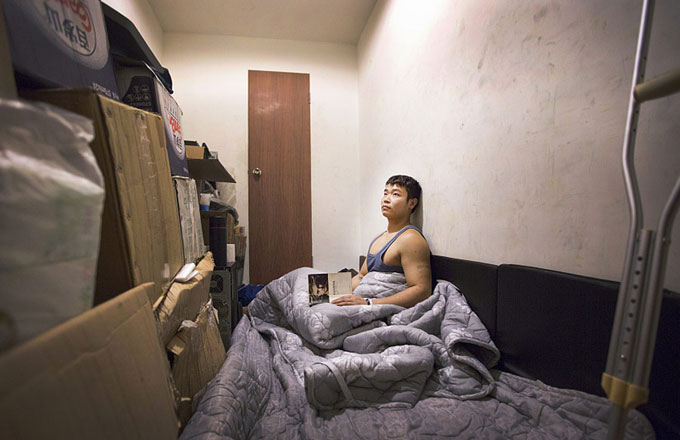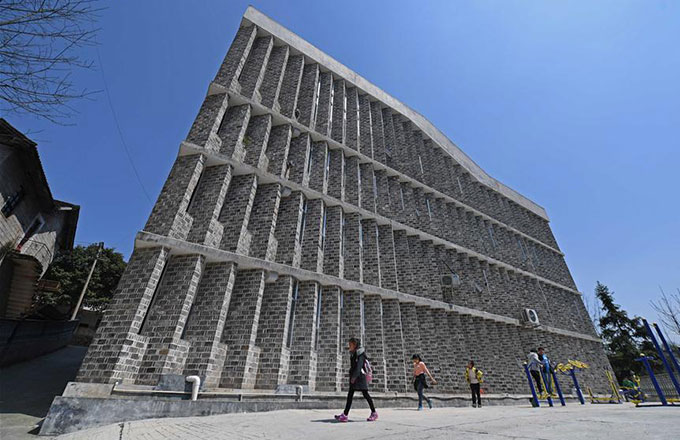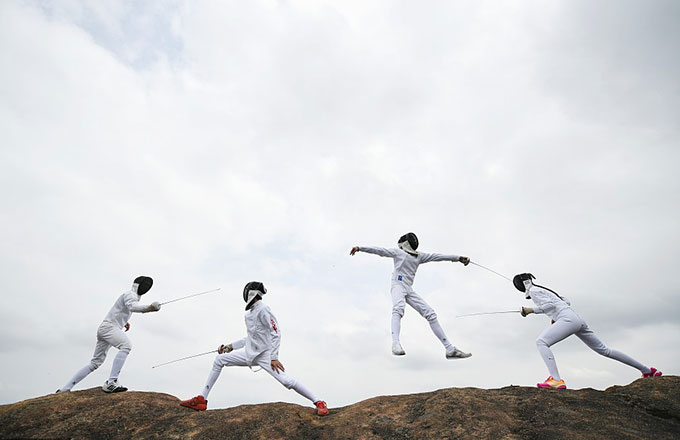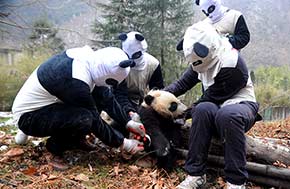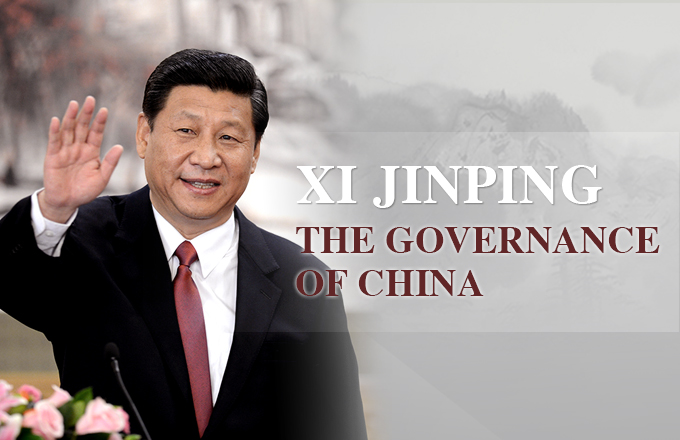Forced laborers ask for $60m compensation
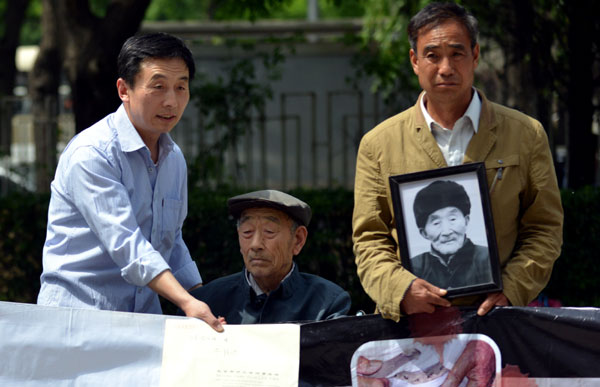 |
|
Zhang Shijie, 89, forced to labor by Japanese company Mitsubishi during World War II, and other victims or their relatives protest outside the Japanese embassy in Beijing on Monday. FAN JIWEN / FOR CHINA DAILY |
An executive at Mitsubishi Materials (Shanghai) Corp on Tuesday accepted a document requesting compensation of 370 million yuan ($60.2 million) for forced laborers used by Japan during World War II.
"The executive promised to keep and hand over the document to Mitsubishi's headquarters in Japan after half an hour's dispute, with the presence of some Chinese and Japanese media," said Kang Jian, a lawyer for the alliance groups representing forced laborers who worked for Mitsubishi Materials in Japan during the war.
A spokesman for Mitsubishi Materials' Shanghai office told China Daily that the executive is from Japan but declined to reveal his title or more details.
The document asks for 100,000 yuan for each of the 3,765 Chinese laborers, including 711 people who died in Japan.
The groups also demanded the company issue an apology, which has never happened.
On Monday, the groups, composed of some survivors and their families, handed officials at the Japanese embassy in Beijing a letter urging the Japanese government and companies to apologize and provide compensation.
"They said affirmatively they will pass on the written materials and the demands expressed by the laborers verbally to their superiors and Japanese authorities," Kang said.
Shi Huizhong, 89, who is the only survivor among hundreds of the forced laborers from Shanghai, said his mother failed to recognize him when he returned home after "two years in hell".
"Two pieces of steamed bread sustained 12 hours' toil for a 19-year-old lad in a coal mine. How could it be possible?" asked Shi, who said many of the co-workers died of hunger, frostbite and maltreatment.
He said he was tricked and taken there forcibly. "The employment notice said it was a steel plant in Taiwan. I was pushed into a truck, locked in a freight house, and I didn't realize I was going to Japan until the boat set off."
He attempted to escape but was caught and forced to continue working in a Fukuoka mine owned by Mitsubishi. He, like most surviving laborers, was sent back to China by United Nations forces in 1945.
The Japanese court announced the loss in the lawsuit of the Chinese forced laborers suing Mitsubishi in 2009, which proclaimed the 14 litigations against Japanese enterprises since 1996 came to nothing.
But the court recognized the malfeasance of the government and the companies to forcibly enslave Chinese laborers, which, according to Kang, paved the way to initiate negotiations outside judicial action.
"The court suggested the government and companies provide compensation to the laborers, and we'll never give up," she said.
Pan Ying, daughter of a deceased laborer and one of the leaders of the groups in Northeast China, said: "My father almost lost his life during those years and was stabbed with a bayonet by Japanese taskmasters even for taking a bun from a coworker. I feel obligated to ask for them to pay compensation."
Some of the other Japanese companies that also used Chinese laborers during World War II made apologies and paid compensation in the past years.
Nishimatsu Construction Co Ltd offered 9 million yuan to 183 forced laborers in 2010.
- Jinan city reported to have fastest bike-sharing riders
- Shanghai lacking in environmental protection, inspectors find
- Foreign professor from Wenzhou-Kean University helps tackle water issues
- Baidu uses AI technology to help abducted child find family
- Illegal parking in Beijing to face double punishments


